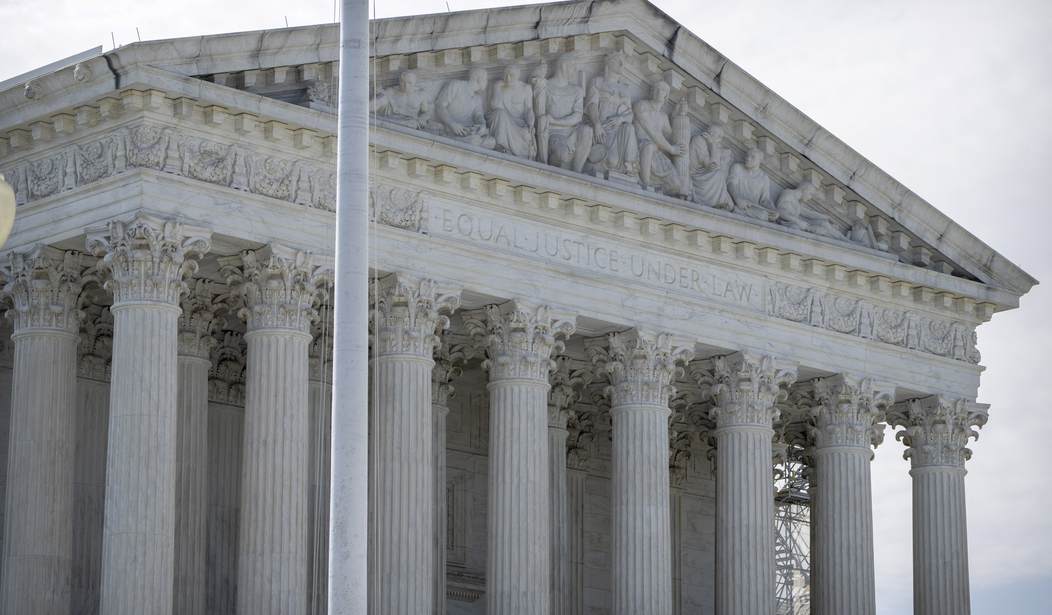As millions of Americans flooded the polls for the 2024 presidential election, their message was clear—they wanted change. They saw voting as the way citizens could change this country for the better. But when we are told unceasingly that democracy itself is on the line, voting for a presidential nominee cannot be enough. “In a democracy,” Supreme Court Justice Felix Frankfurter declared, “the highest office is the office of citizen.” And the architects of America envisioned duties of citizenship extending far beyond the ballot box. So what is the “office of citizen”—and why have we drifted from the duties that attend this office?
Two or three hundred years before the Declaration of Independence, people living in Colonial America were more subject to their natural environment than to any king back in England. When the king eventually sought to impose his will on the American colonists, they tired of being subjects and decided to take control of themselves, forming a new system of government. At the close of the Constitutional Convention, Benjamin Franklin told Elizabeth Powel that the assembly had created “a republic—if you can keep it.” That invitation to “keep it” implies responsibility far beyond a vote—take note, Elizabeth couldn’t vote.
Countries, like North Korea or Iran, do not offer their citizens the same “keep it” responsibility. In fact, they may only have the power to vote—a once-in-a-while activity. As we’ve seen in America, just as in the recent vote, Americans really want to be part of the “keep it” process.
Due to a century’s worth of progressive civic education, the general public believe that voting is their only structure of government responsibility and, beyond that, they have no other power. The myopic focus on voting leads them to see the political figures they vote for as potential saviors. That misconception needs to be changed and be better understood by all Americans—regardless of their varying ideologies.
For months and years now, it has been argued that both Democrats and Republicans are “threats to democracy.” But isn’t the real threat to democracy the neglect of the office of citizen by the American people—and not the supposed savior or demon of one side or the other? The office of president is merely one chess square and the president one of the chess pieces on a larger chess board.
Recommended
For over a century, acolytes of the social progressive movement have argued that the office of citizen is a contest for the control of meaning and that, “the citizen is the ultimate authority for defining, implementing, and protecting… rights, and extending them to others.” They go on to say, “Citizens serve as custodians of a democracy … cultural officers … [who encourage] social friendship … willing to cooperate with one another.”
Since the political progressive New Deal, however, the progressive utopian view of the office of citizen has not materialized. Civil participation in the United States has steadily declined since 1900. And the participation that has occurred—mostly, riots and protest—often brought with it violence and death. No wonder the office of citizen is presently neglected by the American people!
Consequently, political progressive civics education encourages the next generation to seek cultural change as a means of changing the present system of government. It sensitizes the American student “to the deeper meaning of present practices” and “provides the guideline for determining whether the change is progressive or retrogressive.”
The American student is also taught, “Democracy depends on understanding when a rule calls for a new interpretation, and [that] democratic education involves developing the kind of disposition that is open to the formation of new interpretations when older ones become dysfunctional.”
The social and political progressive view of democracy and education doesn’t prioritize teaching children how their system of government actually works. Think of it, if the average American were taught how their body works or how other systems, like washing machines and cars function, wouldn’t they be empowered to fix it and “keep it” in working order? Why aren’t they then? Maybe it’s because the social and political progressive model was never intended to actually empower the citizens in the first place.
Imagine if citizens were taught how their government functions. Surely understanding how government works would come naturally—especially if they were taught that government is a system and not a person in the form of a savior!
What if they were empowered to see that the government is a system made up of words, and that they have the right, beyond their right to vote, to “keep” or “change” it? Wouldn’t the office of citizen take on a different meaning for them?
What if they were empowered to realize that the U.S. system of government was structurally designed to “keep” the governing from accumulating power reserved for the people? Wouldn’t the “keep it” responsibility within the office of citizen make more sense and encourage higher levels of civil participation beyond the periodic vote?
When the American people realize, beyond voting and the political progressive motivation to “change it,” that they have an office of citizen, a responsibility to “keep it,” then all of a sudden the office of president is no longer viewed as a king or a savior. Rather, the office of president would be seen as another tool in the toolbox of the republic, which citizens can use to exercise their office to “keep it.”
Mark Herr is the Co-founder of Center for Self Governance, and a retired U.S. Air Force veteran.
Lex Howard is CEO of Balance of Nature, and Chairman of Liberty Village.

























Join the conversation as a VIP Member